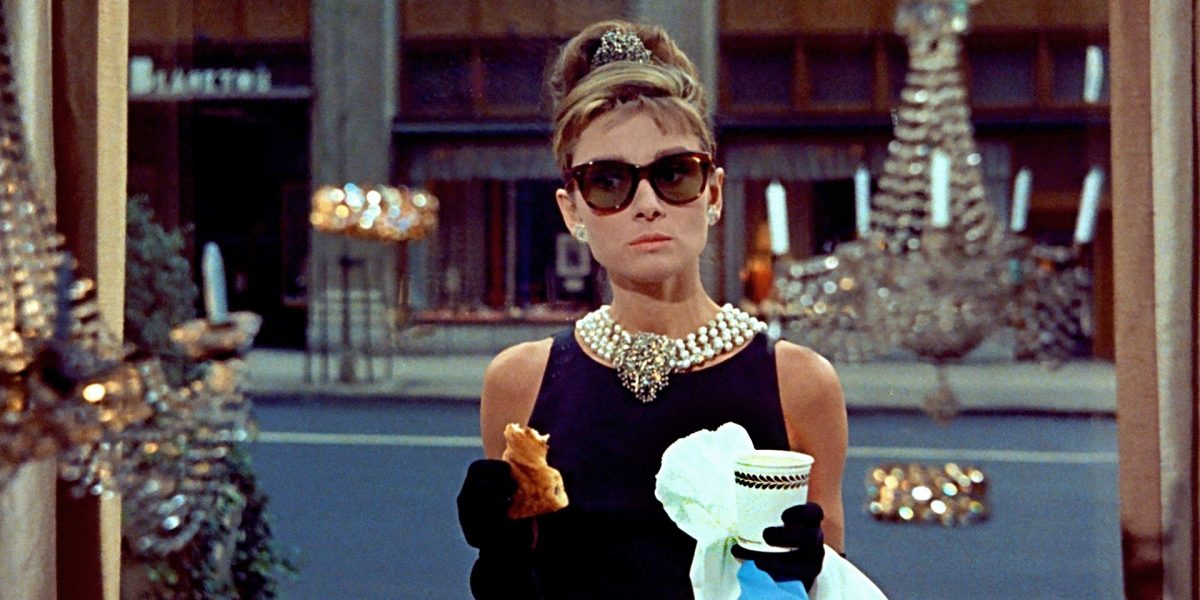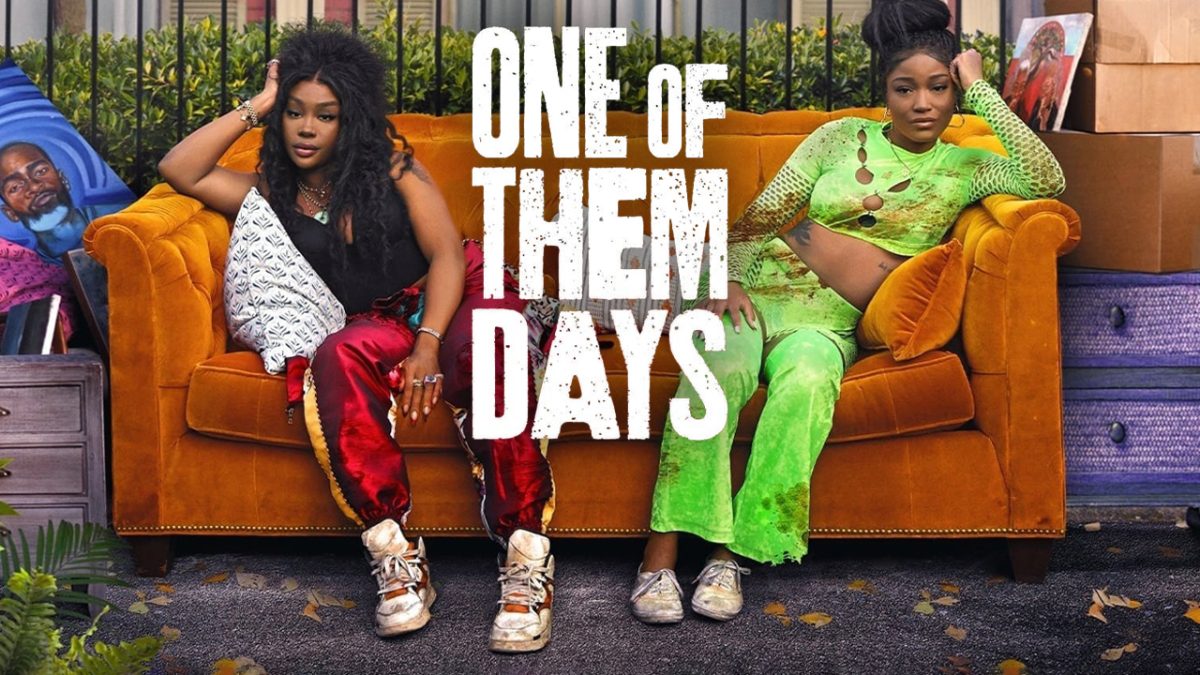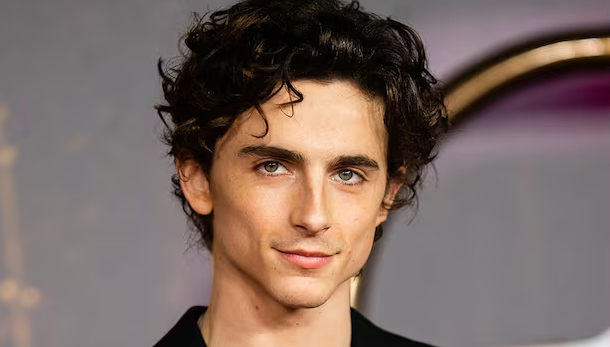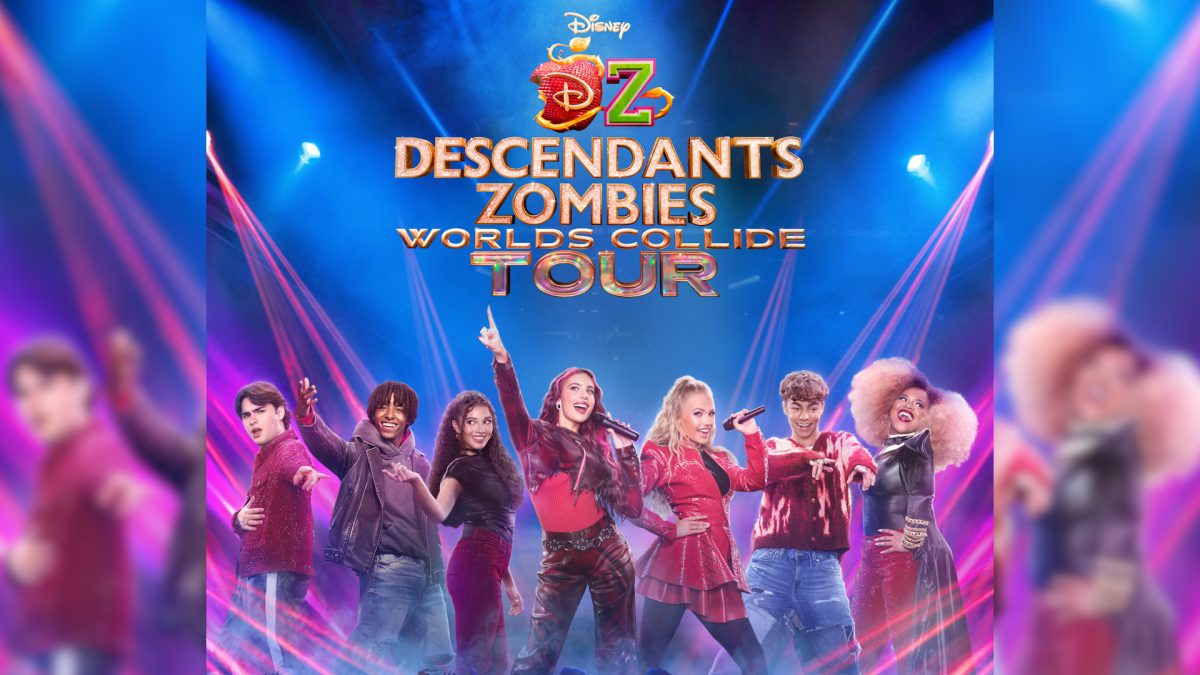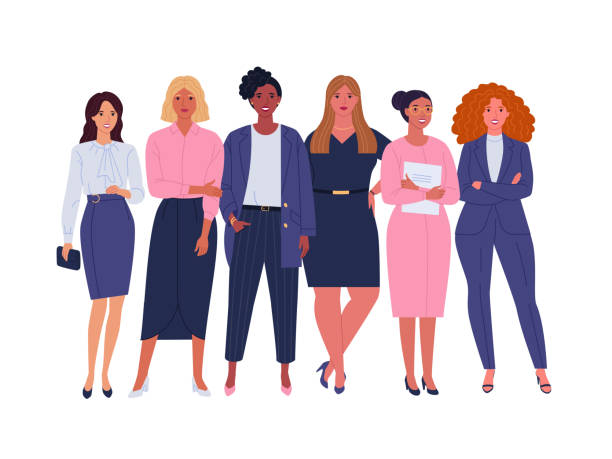I was 11 years old when I first watched The Breakfast Club. I had found the film online and chose it out of pure boredom and curiosity. In retrospect, no 11-year-old should be watching that movie, but I’m grateful I did, and I believe every teen should watch it as well. Not only will they learn about others, they will learn about themselves.
The 1980s is often referred to as a “Golden Age” in America for a variety of reasons such as the Reagan Presidency and major pop culture contributions. One major change in pop culture occurred in Hollywood. During the 80’s there was a shift in the film industry as more movies starred teenage actors. This also meant the teenage experience became a recurring plot as directors worked constantly to appeal to their adolescent audience. Many iconic films such as Ferris Bueller’s Day Off, Weird Science, Stand By Me, and more explored different aspects of teenager’s lives However, John Hughes’ The Breakfast Club, released 40 years ago this month, has cemented itself in history as the epitome of coming of age films and has transcended generations by serving many important messages to society.
As many know, the movie follows five teenagers from different high school cliques who are stuck together in Saturday detention. The film doesn’t necessarily follow one plot, or have one goal that brings the teenagers together. It simply shows the teenagers interacting throughout the day. Overall, these small interactions are built to create the lessons taught by the film and explore the teenage experience.
At the beginning of the movie, the teens all have pre-determined ideas of the others and struggle to get along due to said ideas. Throughout the movie, the teens learn about each other. They learn about their rough home lives, the reasons they’re in detention, and how they view their role in society. This allows them to realize they aren’t that different. They all go through similar things whether it be pressure from their parents or struggling to fit in with their friends. This brings out the first message of the movie: everyone struggles, no matter what you believe their lives to be like. This realization allows the teens to grow closer and understand each other, to an extent. They don’t necessarily become best friends, but they share empathy for each other. This fact shows teenagers watching how their peers and classmates are struggling too. It also illustrates how you don’t need to be best friends with someone to have empathy, you just need to realize they are just as human as you are.
The second lesson from the movie is learned by the adult character, Mr.Vernon. Mr.Vernon is the Vice Principal at the high school and oversees Saturday detention. He’s depicted as being out of touch with the children and very strict. At the beginning, he assigns an essay to the teens to write about who they think they are. Obviously none of the teenagers wrote the essay as he instructed, the same way they didn’t follow any of the other rules. However, at the end of the movie, Claire, the stereotypical rich girl, asks Brian, the nerd, if he could write the essay for all of them. Brian agrees and ends up writing a letter directly to Mr.Vernon.
His reaction to the letter is never shown in the film, just a short slip of him reading silently. The letter is actually ready by Brian as a voice over while John Bender, the criminal, walks across the football field. The letter read, “Dear Mr.Vernon, we accept the fact we had to sacrifice the whole Saturday in detention for whatever it was we did wrong. But we think you’re crazy to make us write an essay telling you who we think we are. You see us as you want to see us, in the simplest terms and most convenient definitions. But we found out that each of us is a brain, and an athlete, and a basket case, a princess, and a criminal. Does that answer your question? Sincerely yours, The Breakfast Club.” That letter alone challenges the very ideas of high school “cliques”. The idea that everyone fits in with one group and has one purpose. In reality, the teenagers discovered that all of them could be smart and strong and a little weird in their own way. Leading them to the realization that the boxes they have put themselves in have limited their ability to see their peers and themselves as complex human beings, which they are. This beautifully illustrates how everyone is more than what they present themselves, and that people can have versatile and different interests.
Additionally, it challenges how adults and society view teenagers. As the letter says, Mr.Vernon sees the teens how he pleases and in a way most convenient to him. Challenging the adults who believe all teenagers aren’t equal to them because of their age. As well as challenging adults that categorize teens into certain boxes and “cliques” based on certain characteristics of their personality.
Overall, The Breakfast Club is such an important part of society as it depicts how teenagers interact and how they are multifaceted people. It also shows society its problems as it challenges many social norms and expectations that society has enabled forever. The film, even though made in the 1980s, can still be used today to teach important life lessons to teens through media that aligns with their challenges and ideas. I hope I have convinced you to watch this film as it really could change your outlook on many things. Last, I leave you with one quote, a quote I believe to sum up the message of the movie beautifully,
“We’re all pretty bizarre. Some of us are just better at hiding it, that’s all.”













































